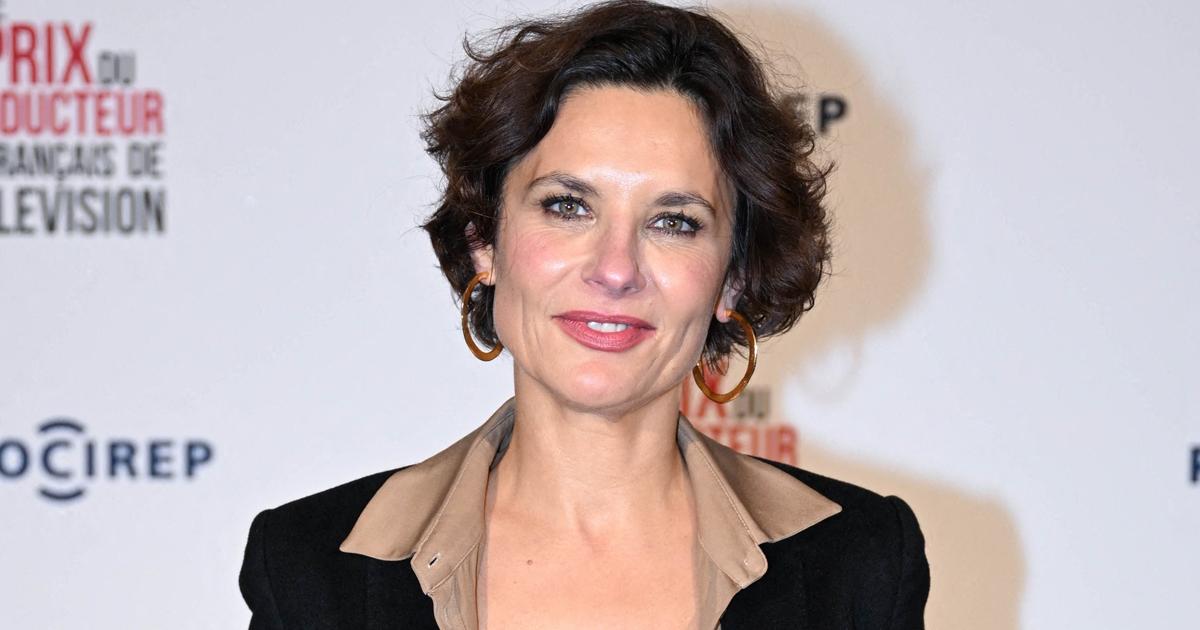The affair caused a lot of ink to flow in the early 2000s: actress Noémie Kocher accused director Jean-Claude Brisseau of sexual harassment of two actresses.
After four years of investigation, the filmmaker was finally sentenced on December 15, 2005 to a one-year suspended prison sentence and 15,000 euros in fines.
A victory for Noémie Kocher which nevertheless leaves after-effects.
Twenty years later, the 54-year-old actress considers the French #MeToo movement
“upsetting”
.
At the time, the world of cinema was far from the standing ovation offered to Judith Godrèche during the 49th César ceremony.
After the two complaints filed against the director,
“the cream of auteur cinema
(Olivier Assayas, the Dardenne brothers, Claire Denis editor's note.)
rushed to sign a petition published by Libération in favor of Jean-Claude Brisseau, “wounded artist” necessarily misunderstood
,” reports
Télérama
.
In an environment where silence reigns in matters of sexual violence, petitions follow one another in favor of the director: “
We love the films of Jean-Claude Brisseau.
We saw and admired “Sound and Fury”, “White Wedding”, “The Black Angel”, “Secret Things”, etc.
The way some media reported on the trial seems unbearable to us.
He is an artist, a wounded artist
,” reports one of the petitions.
Hearing today the words
“consent”
,
“control”
,
“predation”,
pushed by the #MeToo movement is synonymous with advancement for Noémie Kocher.
“It’s overwhelming to find yourself in the presence of all these women who are moving things forward,
Judith Godrèche
, Anouk Grinberg, Charlotte Arnould and the others.
To feel their pain, their anger and the sisterhood that binds us
,” she tells
Télérama
.
“In the world of cinema, it’s visible, everything is exacerbated.
But there is also silent violence.
This speech also serves to tell women, from all levels of society, that this is not acceptable
,” she said last week on RTS.
The actress, who became a screenwriter, also returned to the
additional investigation
against Gérard Depardieu.
“It is because these women were minors at the time of the events that their testimonies are more socially audible.”
However, the voices of adult women should not be attenuated.
Questioned by
Télérama
on the fate reserved for the films of the accused directors, Noémie Kocher judges that
“it is a very complicated question (...) everyone should be able to decide for themselves whether or not to go see these films”.
For Jean-Claude Brisseau,
“the public had to know that these were not fictions.
Secret Things like “The Exterminating Angels” were made by using sexual violence on actresses.
In 2017, in an interview with
Obs
, the actress said she was
“reconciled with her body”
thanks to her denunciations.
“I am not a victim!
When I decided to file a complaint, I regained my dignity, I broke the hold.
I was no longer his object.
But a subject.”

